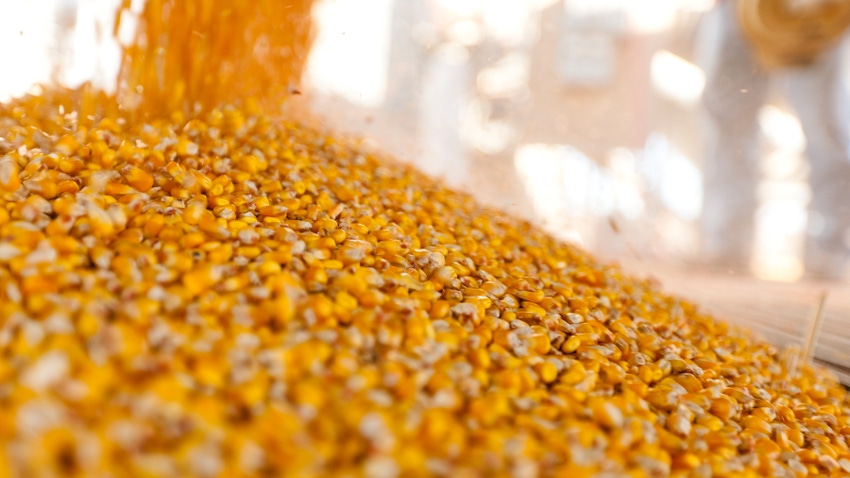March 2, 2023

by Pat Melgares
A Kansas State University agricultural economist is encouraging farmers to know their options before considering a pair of crop insurance policies that would allow them to increase their coverage for row crops beyond what is allowed for individual policies.
Jenny Ifft said the March 15 deadline to sign up for crop insurance includes options for what is known as high-coverage crop insurance. They include the Supplemental Coverage Option (SCO) and Enhanced Coverage Option (ECO).
“High-coverage policies — such as SCO and ECO, and margin protection that is purchased in the fall — represent a different approach to managing risk that requires a larger upfront investment,” Ifft says. “I suggest producers work closely with an agent to make sure you fully understand what you are getting into.”
Crop insurance is purchased by farmers and subsidized by the U.S. government to protect against the loss of their crops due to natural disasters, or loss of revenue due to declines in the price of the particular crop they’re insuring.
High-coverage policies are county-level crop insurance options that provide additional coverage for a portion of the producer’s deductible.
According to Ifft, farmers should understand a couple of important considerations before purchasing SCO and ECO coverage:
High-coverage policies require a long-term perspective. Premiums and payouts are substantially higher than traditional crop insurance policies. “Although producers will likely come out ahead in the long run, a few years can go by without a payout,” she says.
Consider high-coverage option carefully
Payouts are triggered by county yield declines, which may or may not be related to what happens on an individual farm. Ifft says this is a unique feature of the high-coverage policies, because “if they weren’t triggered by county yields, the policies would be even more expensive than they currently are.” In addition, for the SCO option, farmers must purchase Price Loss Coverage, which provides assistance if crop prices are low.
“If producers are interested in SCO or ECO and haven’t used them before, now is the time to be talking to a crop insurance agent,” Ifft says.
Ifft has published an article available online outlining the SCO and ECO options, as well as several decisions tools available from the K-State Department of Agricultural Economics, including:
Kansas crop insurance maps (including actual and historic yields)
Kansas county yield correlation tool
SCO and ECO payment calculator
SCO and ECO webinar
Risk Management Agency fact sheets
Farmdoc Daily Crop Insurance Decision Tool (spring 2023)
“These decisions tools can help producers understand what is exactly at risk, including how much revenue you can expect for 2023 based on yields and current futures prices,” Ifft says. “That can help you determine the level of revenue you are comfortable paying to protect through crop insurance, given that the cost of protection increases for higher levels of revenue.”
Melgares is a writer for KSRE News Service.
Source: Kansas State Research and Extension News Service
You May Also Like




